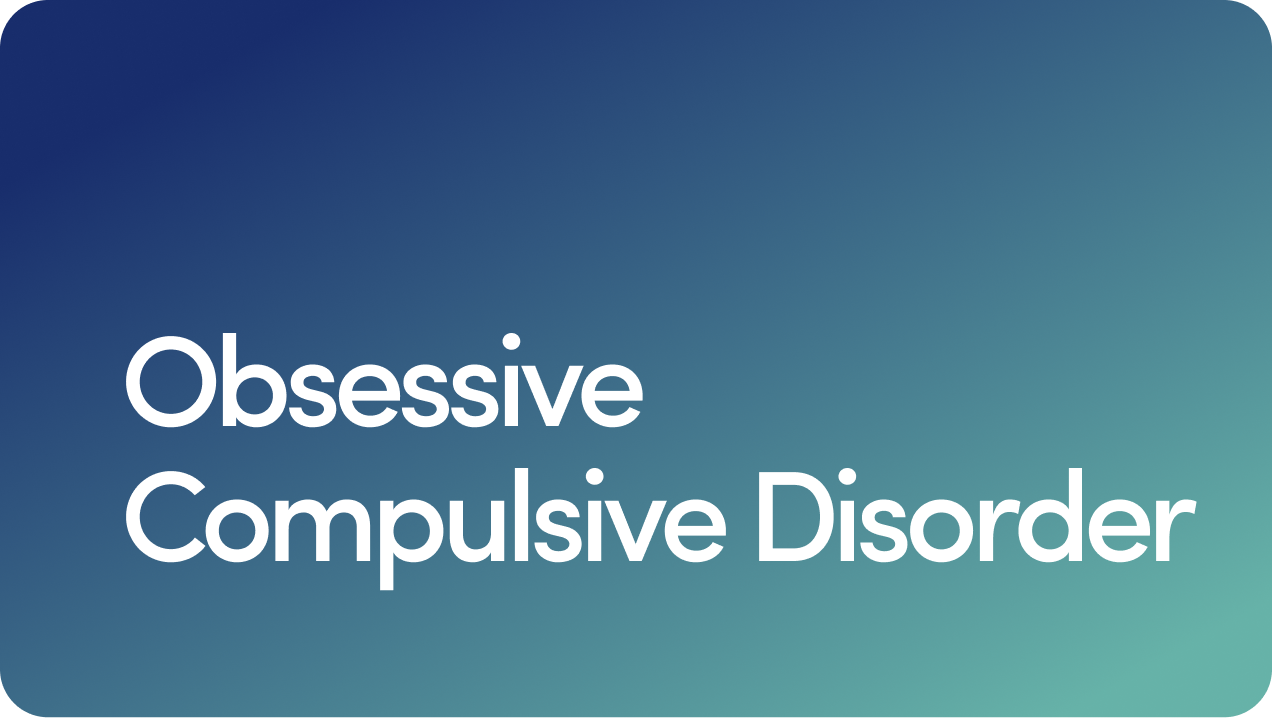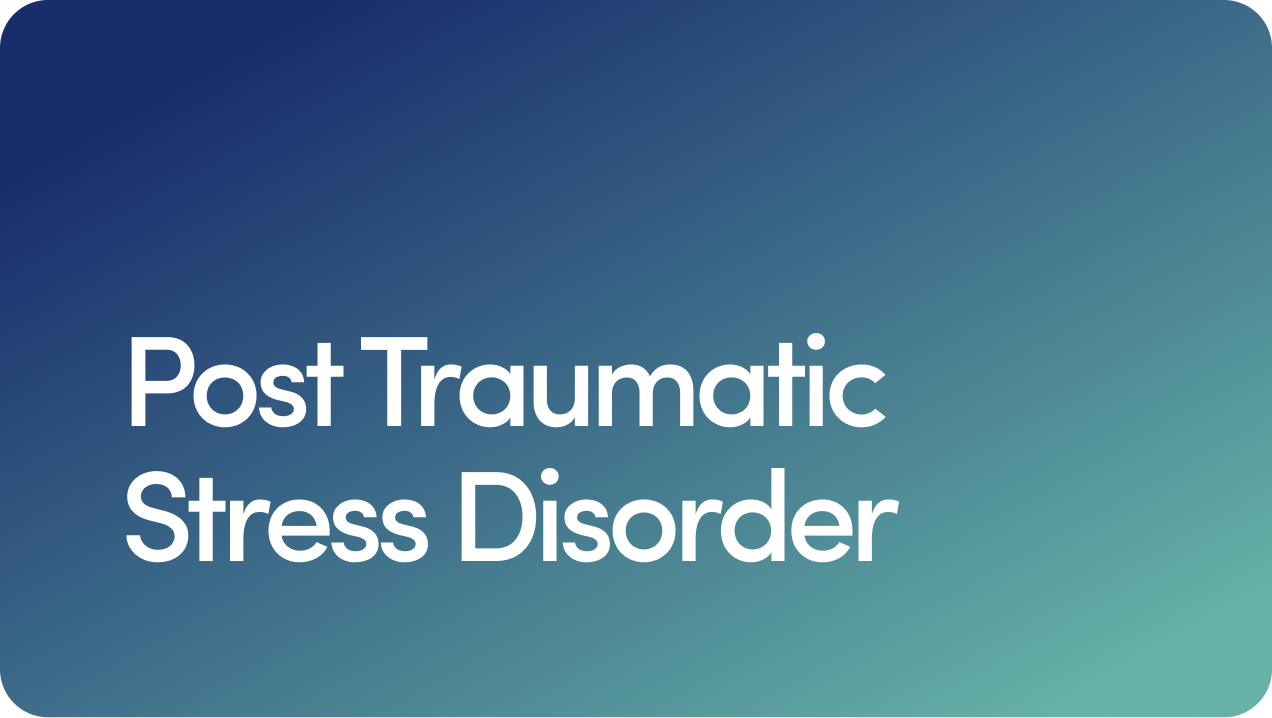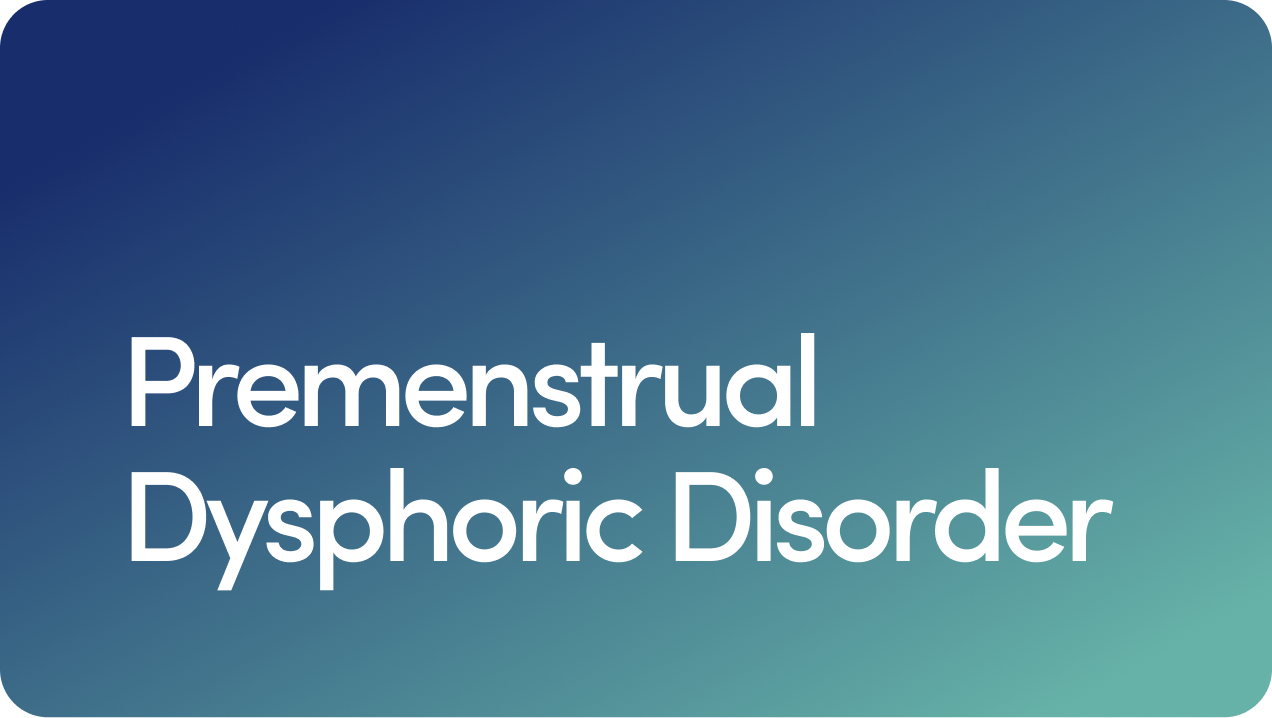Content
Free Mental Health Assessment
Citalopram (Celexa®): Dosage, Usage, Side Effects, and More

Citalopram, or Celexa®, is a popular antidepressant that helps many people manage their mental health.
If you’re experiencing symptoms of depression or other mental health issues, an antidepressant might help you feel better.
“There can be anxiety when it comes to trying a mental health medication for the first time,” says Daniel Z. Lieberman, a board-certified psychiatrist. “People worry that it may change their personality or other aspects of who they are. The goal is to get back to how you felt before the illness began. It's the depression that changes who you are; the medication restores your healthy self.”
Want to feel like your best self again? You’ve got options, and citalopram could be one of them. While healthcare professionals typically prescribe it for clinical depression, it may also help with anxiety disorders or other mental health conditions.
Our guide below covers everything you need to know about citalopram, including its uses, dosage, and side effects.
Content
What Is Celexa?
Citalopram (brand name Celexa) is a prescription medication doctors prescribe to treat depressive disorders and other mental health conditions.
It belongs to a group of antidepressants called selective serotonin reuptake inhibitors (SSRIs). These medications work by boosting serotonin levels in the brain, helping to regulate mood.
Imagine your brain as a super-efficient vacuum cleaner, regularly sucking up the feel-good neurotransmitter serotonin. Antidepressant medications like citalopram help interrupt this process, preventing your brain from reabsorbing serotonin. This sets off a cascade of chemical reactions in the brain cells that react to serotonin.
Over the course of a few weeks, these changes bring relief from depression, but scientists are still unsure of how that happens.
Here’s the thing: Patience is key. SSRIs like citalopram work their magic over time. It might take several weeks of consistent use for you to start feeling the full effects.
But once you do, the results can be major, with many clinical trials highlighting significant improvements in depression symptoms.
What Is Citalopram Used For?
The U.S. Food and Drug Administration (FDA) has approved citalopram to treat major depressive disorder in adults.
Other off-label citalopram uses include treatment of the following:
Obsessive-compulsive disorder (OCD)
Panic disorder
Poststroke depression
Separation anxiety disorder
Like many other SSRIs, citalopram can also help with premature ejaculation (PE).
Citalopram Dosage: What to Know
Because different people respond differently to citalopram, it’s available in multiple dosages.
In tablet form, dosages include:
10 mg
20 mg
40 mg
Citalopram also comes in an oral solution.
In most cases, you’ll start off with a 20 mg dose once daily, increasing up to a maximum of 40 mg. But everyone’s different, and you may not need to increase the dose to get the full effects of the medication.
Antidepressant dosing typically requires a bit of trial and error.
A word of caution: Never take more citalopram than you’re supposed to. Doubling your dose can lead to severe side effects and even heart problems. If citalopram is combined with other medications that target the serotonin system, it can lead to serotonin syndrome, a very serious condition.
The symptoms of serotonin syndrome include:
Confusion
Rapid heart rate
High blood pressure
Twitching muscles
Vomiting and diarrhea
If you think you’re experiencing serotonin syndrome, go to the emergency room immediately.
Citalopram Side Effects
Some people experience side effects on citalopram.
“Side effects can be worrisome, too, but not everyone gets them,” Lieberman says. “For many people, they are quite mild.”
Common side effects may include:
Drowsiness
Dry mouth
Insomnia
Dizziness
Nausea
Vomiting
Constipation
Diarrhea
Headaches
Trouble sleeping
Weight loss
Reduced sexual function (specifically, lower libido and difficulty reaching climax.)
In many cases, these side effects are dose-dependent, meaning a larger dose can increase the risk of adverse reactions.
More serious side effects may include:
Abnormal bleeding
Allergic reactions
Heart issues
Suicidal thoughts
If you think you’re experiencing any of these side effects, it’s important to contact your healthcare provider immediately.
Additionally, let your prescribing physician know if you have any of the following health conditions:
A family or personal history of long QT syndrome (also known as QT prolongation) or Torsade de Pointes, a rare heart rhythm issue
Bipolar disorder
Heart issues, including a history of heart attacks, heart failure, or an irregular heartbeat
Magnesium or potassium deficiency
Bleeding problems
A seizure condition
Kidney or liver disease
In some cases, citalopram can worsen these health issues.
But don’t stop taking the medication without talking to a healthcare provider, even if you’re experiencing adverse effects. Stopping suddenly may cause withdrawal symptoms.
If you’re breastfeeding, read our guide on Celexa and breastfeeding for more information.
Citalopram Drug Interactions
Citalopram can interact with certain medications, increasing the risk of side effects.
Tell your healthcare provider if you take any of the following medications or supplements:
Antiarrhythmics, like pimozide
Blood thinners, including warfarin
Methylene blue
St. John’s wort, a herbal supplement
Monoamine oxidase inhibitors (MAOIs)
Other SSRIs, like fluoxetine and escitalopram
Serotonin-norepinephrine reuptake inhibitors (SNRIs), including venlafaxine and duloxetine
Triptans (used to treat migraines)
Pain medications, including NSAIDs like ibuprofen
Mood stabilizers, like lithium
Tricyclic antidepressants, like amitriptyline
Linezolid
In some cases, you can still use citalopram if you’re taking one of these medications. If you’re unsure whether it’s safe to take citalopram with certain medications, it’s a good idea to speak with your healthcare provider.
Starting a new antidepressant can be tough, especially in the first few weeks when side effects are most prominent.
Research shows citalopram can take up to two weeks to start working, with full effects appearing in four to eight weeks. So if you’re still feeling down after a month, try not to stress too much.
“Finding the right treatment for a psychiatric condition can be challenging because identifying the best medication is often a process of trial and error,” Lieberman explains. “What makes it even worse is that each trial can last a month or more.”
Lieberman adds that it’s important to be patient during this process, as frustrating as it can be. He reminds his patients that these side effects aren’t permanent. “If the medication doesn't feel right, we'll stop it and try something else,” he explains. “But if we don't give it a chance, we'll never know what it can do.”
If citalopram still isn’t working for you, your healthcare provider might suggest trying other antidepressants, such as:
Escitalopram (Lexapro®)
Fluoxetine (Prozac®)
Sertraline (Zoloft®)
Venlafaxine (Effexor®)
Duloxetine (Cymbalta®)
Need extra support during this time? Talking to a therapist can be incredibly helpful. They can teach you coping skills, help you understand your feelings, and provide a safe space to express yourself.
Our guides on finding a therapist and learning about how to start therapy can help you navigate mental health treatment.
Final Thoughts on Citalopram
Depression doesn’t look the same for everyone — and neither does depression treatment.
While some people can manage their mental health with therapy and lifestyle changes alone, others may benefit from using antidepressants like citalopram.
Let’s recap what we know about citalopram:
It’s a type of antidepressant called an SSRI. Healthcare professionals prescribe citalopram for anxiety, depression, and other mental health conditions.
Side effects are possible, especially in the beginning. Many side effects wane after a few weeks, which is when citalopram’s effect will start kicking in.
Stick to your dosage. Don’t increase or decrease your dosage without a healthcare professional’s go-ahead.
If you’re taking citalopram for your mental health, it could be helpful to chat with a therapist, too. They can offer you extra support and guidance.
Looking for a provider? Hers can connect you with a mental health professional who can prescribe citalopram or another antidepressant, if appropriate. Get started with our online mental health assessment.
7 Sources
- About citalopram. (2022). https://www.nhs.uk/medicines/citalopram/about-citalopram/
- Depression — Treatment and management. (2020). https://adaa.org/understanding-anxiety/depression/treatment-management
- Drugs and lactation database (LactMed) [Internet]. (2024). https://www.ncbi.nlm.nih.gov/books/NBK501185/
- How and when to take citalopram. (2022). https://www.nhs.uk/medicines/citalopram/how-and-when-to-take-citalopram/
- Sharbaf Shoar N, et al. (2023). Citalopram. https://www.ncbi.nlm.nih.gov/books/NBK482222/
- Simon LV, et al. (2024). Serotonin Syndrome. https://www.ncbi.nlm.nih.gov/books/NBK482377/
- Citalopram: Medlineplus drug information. (2022). https://medlineplus.gov/druginfo/meds/a699001.html
Editorial Standards
Hims & Hers has strict sourcing guidelines to ensure our content is accurate and current. We rely on peer-reviewed studies, academic research institutions, and medical associations. We strive to use primary sources and refrain from using tertiary references. See a mistake? Let us know at [email protected]!
This article is for informational purposes only and does not constitute medical advice. The information contained herein is not a substitute for and should never be relied upon for professional medical advice. Always talk to your doctor about the risks and benefits of any treatment. Learn more about our editorial standards here.
Daniel Z. Lieberman, MD
Education
Doctor of Medicine - New York University Grossman School of Medicine, 1992
Bachelor of Arts - St. John’s College, 1985
Training
Internship & Residency - New York University Grossman School of Medicine, 1996
Medical Licenses
District of Columbia, 1996
Maryland, 2022
Virginia, 2022
Board Certifications
American Board of Psychiatry and Neurology, Psychiatry, 1997
American Board of Psychiatry and Neurology, Addiction Psychiatry, 1998
Other Certificates & Certifications
Stanford Online, AI in Healthcare Specialization Certificate, 2025
Stanford Online, Machine Learning Specialization Certificate, 2024
Affiliations & Memberships
Specialties & Areas of Focus
Mental Health
Years of Experience
33
Previous Work Experience
Professor and Vice Chair - Department of Psychiatry and Behavioral Sciences, George Washington University, 1996–2022
Publications & Research
Title: A neurotransmitter approach to the trolley problem
Published in: OBM Neurobiology
Date: 2019
URL: https://www.lidsen.com/journals/neurobiology/neurobiology-03-02-030
Title: An automated internet application to help patients with bipolar disorder track social rhythm stabilization
Published in: Psychiatric Services
Date: 2011
URL: https://psychiatryonline.org/doi/10.1176/ps.62.11.pss6211_1267
Title: Enhancing adherence to mood charting with an online version of the NIMH Life Chart
Published in: Annals of General Psychiatry
Date: 2010
URL: https://annals-general-psychiatry.biomedcentral.com/articles/10.1186/1744-859X-9-S1-S11
Title: The role of gender in single versus married patients with bipolar disorder
Published in: Comprehensive Psychiatry
Date: 2010
URL: https://www.sciencedirect.com/science/article/abs/pii/S0010440X0900128X
Title: Evaluation of the stability and validity of participant samples recruited over the Internet
Published in: CyberPsychology and Behavior
Date: 2008
Title: Pathways to change: The effect of a Web application on treatment interest
Published in: The American Journal on Addictions
Date: 2008
URL: https://onlinelibrary.wiley.com/doi/10.1080/10550490802138525
Media Mentions & Features
Washington Post, Why do passengers freak out on airplanes? Science might have the answer.
Associated Press, MillerCoors Tapping Into Millenials
The Washington Post, Holiday drinking can be hard on your health, but you can take precautions
Le Figaro (France), Daniel Z. Lieberman: «La dopamine nous pousse à acheter en nous promettant le bonheur» (Daniel Z. Lieberman: “Dopamine drives us to buy by promising us happiness”)
Men’s Health (Spain), Cómo la dopamina influye en nuestro cerebro y determina nuestra vida (How dopamine influences our brain and determines our lives).
CNBC, The psychological reason it’s so hard to work today after the riot — and how to cope
Business Insider, The reason why we self-sabotage is because our brains are wired to resist the things we want most in life
U.S. News & World Report, How Your Secrets Can Damage and Maybe Even Kill You
Why I Practice Medicine
I practice medicine because I believe that mental health is the foundation of a meaningful life. When people suffer psychologically, it touches every part of their existence—from relationships to work to the simple ability to feel joy. Because it can be so difficult for people who are suffering to find good mental health care, my mission has been to expand access through technology, so that no one is left behind.
Hobbies & Interests
I like to write in my spare time. I’ve written two nonfiction titles, Spellbound: Modern Science, Ancient Magic, and the Hidden Potential of the Unconscious Mind and the international bestseller, The Molecule of More: How a Single Chemical in Your Brain Drives Love, Sex, and Creativity--and Will Determine the Fate of the Human Race
Professional Website or Profile
danielzlieberman.com
Related Articles
Related Conditions
 Anxiety
Anxiety
 Depression
Depression
 OCD
OCD
 PTSD
PTSD
 Bipolar Disorder
Bipolar Disorder
 Premenstrual Dysphoric Disorder
Premenstrual Dysphoric Disorder